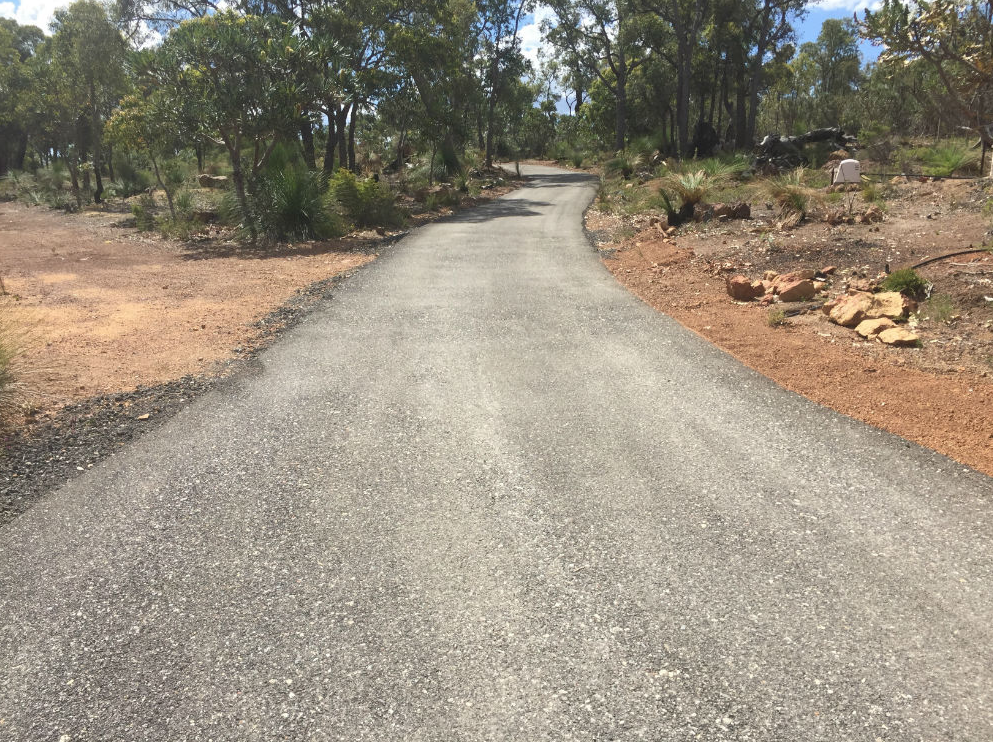Introduction: At Wattle Glen Road Tech, we understand that potholes are more than just an annoyance; they can cause significant damage to vehicles, leading to costly repairs. One crucial aspect of managing this issue is understanding the role of insurance companies in pothole damage claims. This blog post will delve into how insurance companies handle these claims, what you can expect during the process, and tips to ensure a smoother experience.
Understanding Pothole Damage
Potholes are depressions in the road surface caused by the wear and tear of traffic and the weather. They can cause a variety of vehicle damages, including:
- Tyre punctures and blowouts
- Wheel alignment issues
- Suspension damage
- Bodywork dents and scratches
- Exhaust system damage
These damages can lead to hefty repair bills, making it essential to know whether your insurance policy covers such incidents.
Insurance Coverage for Pothole Damage
Insurance policies vary, but most comprehensive and collision coverage policies should cover pothole damage. Here’s a breakdown of the types of coverage that may apply:
- Comprehensive Coverage
- What It Covers: Damage to your vehicle not caused by a collision, such as theft, vandalism, or certain natural disasters.
- Pothole Damage: Typically does not cover pothole damage since it’s considered a collision with the road surface.
- Collision Coverage
- What It Covers: Damage to your vehicle resulting from a collision, regardless of fault.
- Pothole Damage: Usually covers damage caused by hitting a pothole, as it’s classified as a collision with the road.
- Roadside Assistance
- What It Covers: Services like towing, tyre changes, and jump-starts.
- Pothole Damage: This can be beneficial if you need immediate assistance after hitting a pothole.
Steps to Take After Hitting a Pothole
- Document the Damage
- Action: Take clear photos of the damage to your vehicle and the pothole itself.
- Benefit: Provide evidence to support your claim.
- Get a Repair Estimate
- Action: Visit a reputable mechanic or auto repair shop for a detailed repair estimate.
- Benefit: It helps you understand the extent of the damage and the cost of repairs.
- Contact Your Insurance Company
- Action: Report the incident to your insurance company as soon as possible.
- Benefit: Initiates the claims process and allows you to understand your coverage.
- File a Claim
- Action: Provide all necessary documentation, including photos, repair estimates, and a detailed description of the incident.
- Benefit: Ensures a comprehensive claim submission, increasing the likelihood of a successful claim.
Tips for a Smoother Claims Process
- Review Your Policy
- Action: Familiarise yourself with the details of your insurance policy, particularly the coverage for collision and comprehensive damage.
- Benefit: It helps you understand what is covered and what to expect during the claims process.
- Keep Detailed Records
- Action: Maintain all communication records with your insurance company, repair shops, and other relevant parties.
- Benefit: Provides a clear trail of evidence and communication.
- Report Potholes
- Action: Notify local authorities or use online reporting tools to report potholes.
- Benefit: Helps with road maintenance efforts and could prevent future incidents.
The Role of Insurance Companies
Insurance companies play a critical role in mitigating the financial impact of pothole damage. They assess the validity of claims, determine coverage based on policy details, and facilitate the repair process. However, navigating the claims process can sometimes be complex and time-consuming.
Conclusion: At Wattle Glen Road Tech, we aim to provide valuable information to help you manage the challenges potholes pose. Understanding the role of insurance companies in pothole damage claims is crucial for ensuring you are adequately covered and can confidently navigate the claims process.
Call us on: 03 9068 7895
Click here to find out more about Wattle Glen Road Tech
Click here to complete our contact form and see how we can help you with your road needs.

